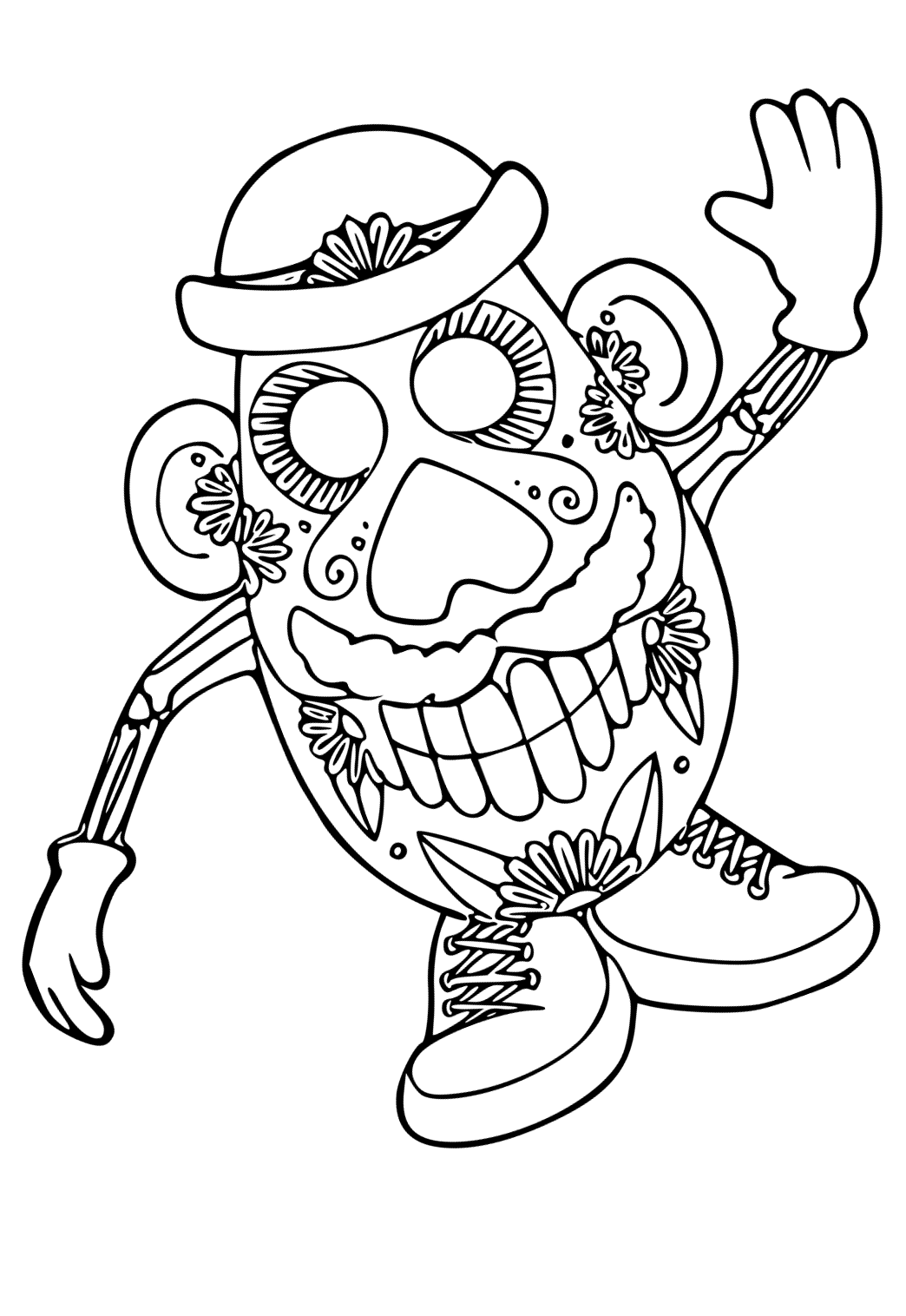The world has been left in shock following the announcement of Pope Francis's passing. As the first pope from the Americas, he leaves behind a legacy of progressive reform and outreach that touched millions across the globe. His efforts to modernize certain aspects of the Catholic Church while maintaining its core values have set a new precedent for future leaders within the Vatican.
Pope Francis's death marks the end of an era characterized by significant changes within the Catholic Church. Known for his compassionate approach towards marginalized communities, including the LGBTQ+ community, immigrants, and the impoverished, he became a beacon of hope for many. Now, as the global Catholic community mourns his loss, all eyes turn to Rome to witness the selection of his successor, who will carry forward or redefine his transformative vision.
Legacy of Compassion and Reform
Pope Francis, a reformer hailing from Argentina, was known for shaking up the traditionalist elements within the Catholic Church. His inclusive approach reached out to various groups, including the LGBTQ+ community, earning him admiration from progressives worldwide. Throughout his papacy, he consistently advocated for social justice, emphasizing the importance of caring for the less fortunate and protecting the environment. This made him a beloved figure not only among Catholics but also among people of other faiths and those without religious affiliations.
His final days were spent at his residence in Casa Santa Marta within Vatican City. Just a day after Easter Sunday, the pontiff passed away at the age of 88. It is anticipated that his burial will take place at the ancient Basilica of St. Mary Major, located outside the confines of the Vatican walls. The choice of this location underscores his commitment to inclusivity and accessibility, even in death.
A conclave will soon convene to elect the next leader of the Catholic Church. This gathering of cardinals holds immense responsibility as they must choose someone capable of continuing the work begun under Pope Francis’s leadership. The new pope will face challenges ranging from internal church reforms to addressing broader societal issues affecting humanity today.
Historical Significance of Timing
Pope Francis's death on Easter Monday adds a unique historical context to his passing. He becomes the sole pope recorded to have died on this particular date since records began being kept systematically. Such timing might seem coincidental; however, it carries symbolic weight given the significance of Easter in Christian theology—it represents resurrection and renewal.
The probability of any single pope dying on Easter Monday is statistically low, making this event even more remarkable. For believers, it may serve as a poignant reminder of divine plans unfolding beyond human comprehension. Meanwhile, non-believers might view it through a lens of chance or fate intertwined with history.
Regardless of interpretation, the timing serves as a fitting conclusion to a life dedicated to service and transformation. Pope Francis often spoke about themes of rebirth and second chances, which resonate deeply during the Easter season. His death thus aligns symbolically with messages central to his teachings throughout his tenure as pontiff.
A Global Leader Beyond Religion
Beyond being the spiritual head of over one billion Catholics globally, Pope Francis emerged as a prominent voice on international platforms. Advocating for environmental protection, economic equality, and peacebuilding initiatives, he addressed audiences far beyond the confines of the Catholic faithful. Through encyclicals like Laudato Si', he highlighted ecological crises demanding urgent attention worldwide.
As news spreads regarding his passing, tributes pour in from leaders across nations regardless of their own religious beliefs. They recognize his contributions toward fostering dialogue between conflicting parties and promoting sustainable development practices globally. His ability to bridge divides earned respect both inside and outside religious circles alike.
Archbishop Timothy P. Broglio issued a statement urging prayers for Pope Francis's eternal rest while encouraging continued efforts toward unity within the Catholic Church. This call reflects shared sentiments felt universally—honoring his memory best involves carrying forth ideals championed tirelessly during his lifetime.

